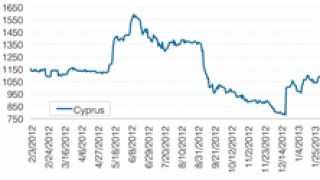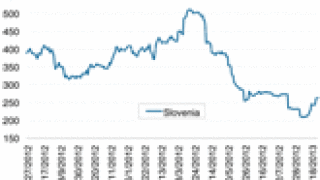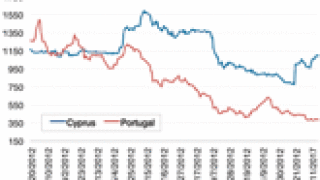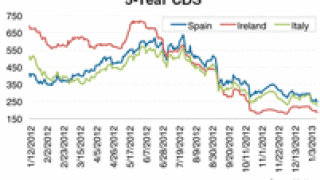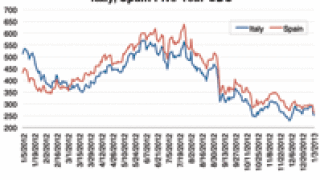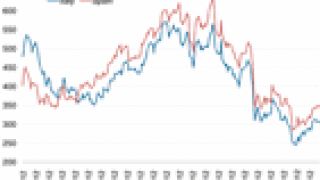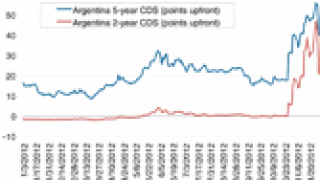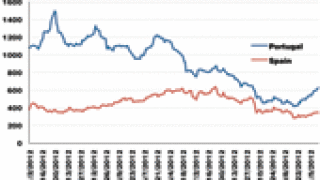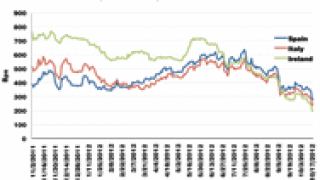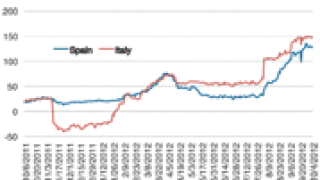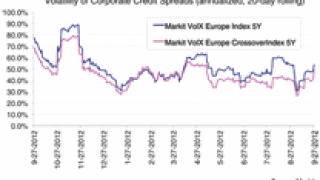Sovereign Credit Commentary
-
Sovereign credit has started the year in a docile mood, with peripheral countries selling bonds effortlessly and spreads range-bound at fairly low levels.
-
Slovenia is not one of the more popular names in the sovereign credit default swap universe, but it has been seeing some activity in recent weeks due to political instability.
-
The European Central Bank’s largesse continues to underpin the becalmed conditions in the sovereign market and it will take a significant negative catalyst to shift sentiment.
-
The strong start to 2013 for sovereign credit has continued into the middle of January.
-
This year began with a bang for the sovereign credit default market as spreads in the eurozone’s periphery posted a strong rally in the first week.
-
Greece, for so long the country at the epicenter of the European debt crisis, looks set to fade into the background after it completed a debt buyback.
-
Greece and Argentina are comfortably the two worst sovereign credits, and both countries experienced a tumultuous end to November.
-
Austerity is still depressing the European economy and the markets received a potent reminder from the streets that popular discontent is growing.
-
The sovereign credit default swap market is in a bullish mood amid optimism about Spain’s immediate future.
-
Sovereign markets held on to their gains as the fourth-quarter kicked off, despite ongoing uncertainty around Spain.
-
Ever since European Central Bank President Mario Draghi started talking about bumblebees, the secondary credit markets have been reasonably well behaved. This was even more the case when the ECB announced its OMT program and the Federal Reserve followed up that act with QE3. After all, investors are understandably reluctant to challenge the resolve of central banks.
-
Structured product dealers in Asia Pacific are redeeming legacy transactions across asset classes on their call dates. The moves wind down deals with high funding costs and allows banks potentially to issue simpler lower cost notes, according to structurers in Hong Kong and Tokyo.

